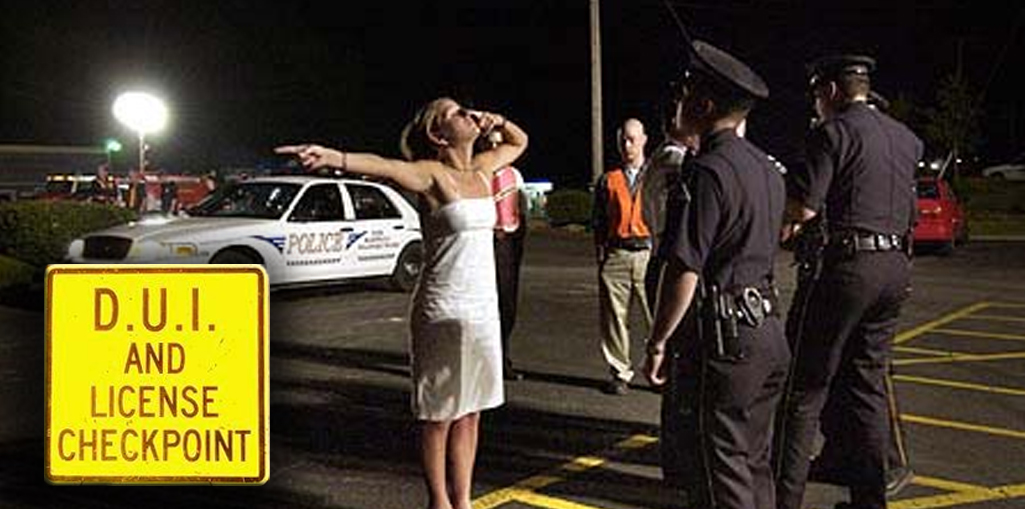
Were you arrested for DUI but didn’t have a single drink all night? It’s a common misconception that if you have a blood alcohol content under 0.08 you cannot be found guilty of a DUI. This probably comes from Vehicle Code Section 23152(b) which says you can be arrested if you’re BAC is over 0.08. But lots of people are unaware that you can also be in violation of Vehicle Code Section 23152(a), which simply says you’re guilty of driving under the influence (DUI) if an officer thinks that you are unable to safely operate your vehicle because of alcohol or drugs. Not only does this mean that you can be found guilty of DUI if your BAC is below 0.08, but you can be found guilty even if you haven’t touched a drop of alcohol.
What’s worse is that violating Vehicle Code Section 23152(a) doesn’t require you to have a hard drug in your system. While having meth, cocaine, or another hard drug in your system will certainly get you in trouble, many people don’t realize that having everyday prescription drugs such as Xanax, Vicodin, or Ambien put you at just as much risk. Having a prescription doesn’t automatically put you in the clear either! If you’ve taken more than your prescribed dosage for instance, you’re going to have trouble on your hands. And even if you’re within your prescribed range, you can still be guilty of violating Vehicle Code Section 23152(a).
Before you know it your license has been suspended, you’re facing time in a county jail, and you have to pay thousands in court fees and fines — all because you took your prescription medication. If you have an experienced attorney on your side, he will be able to schedule a hearing with the DMV to attempt to save your license from suspension. He’ll be able to analyze the police reports and videos of your incident, and make sure the district attorney’s office is aware of your legal prescription for your medication. If you’ve been arrested for DUI, it’s important to have a good attorney, even if you didn’t drink!
 Orange County Criminal Defense Lawyer Blog
Orange County Criminal Defense Lawyer Blog

